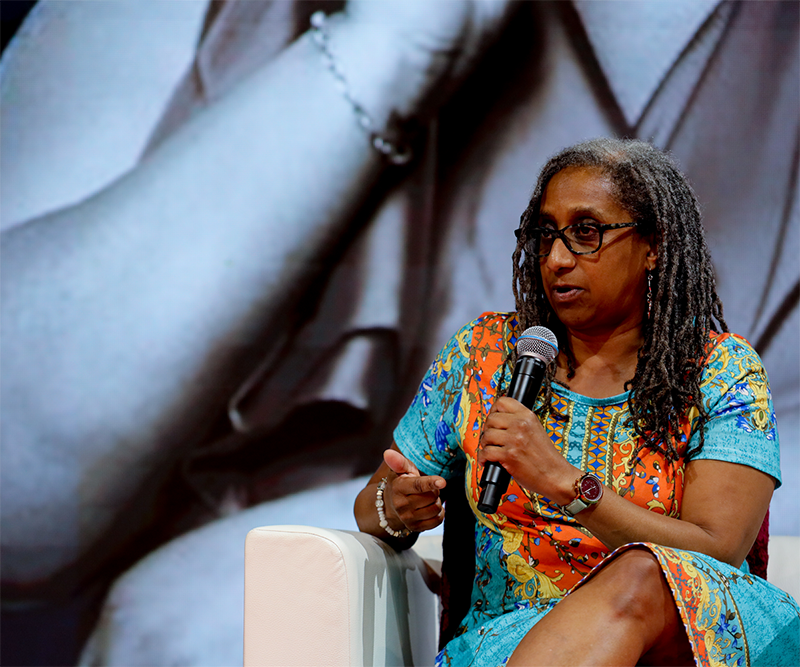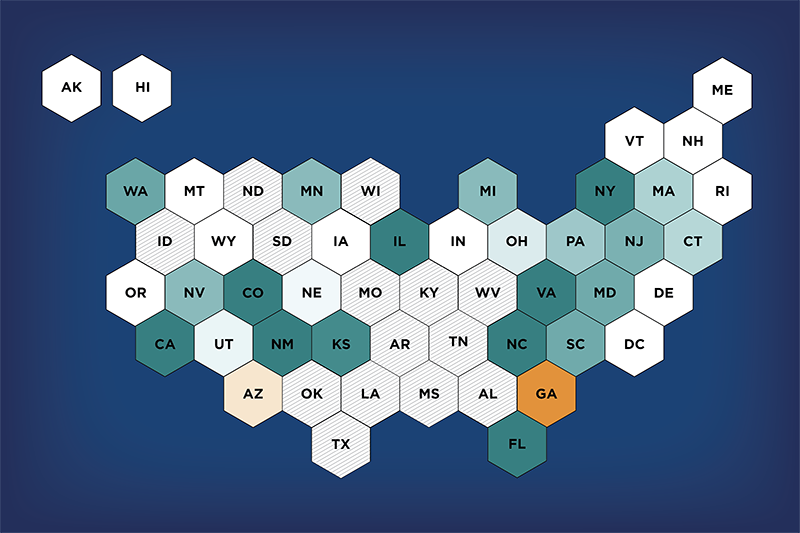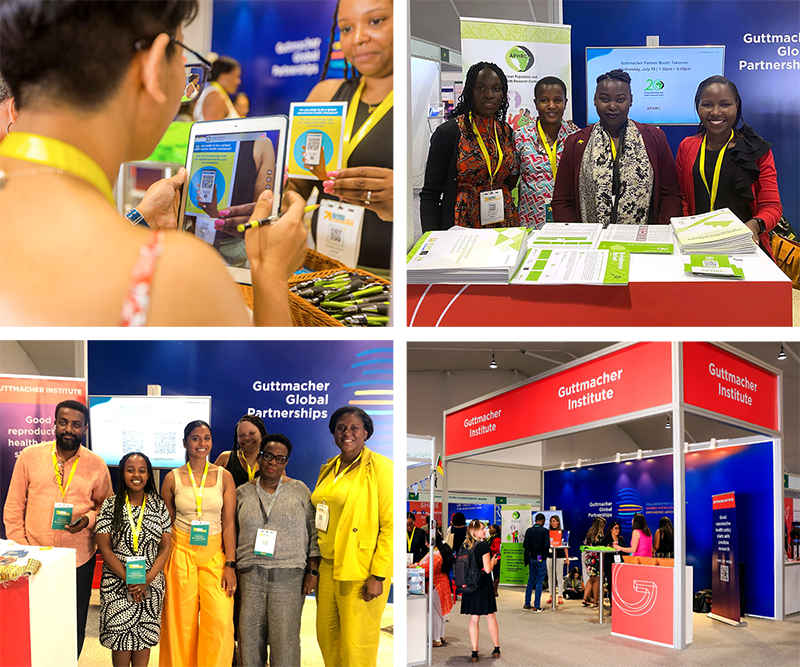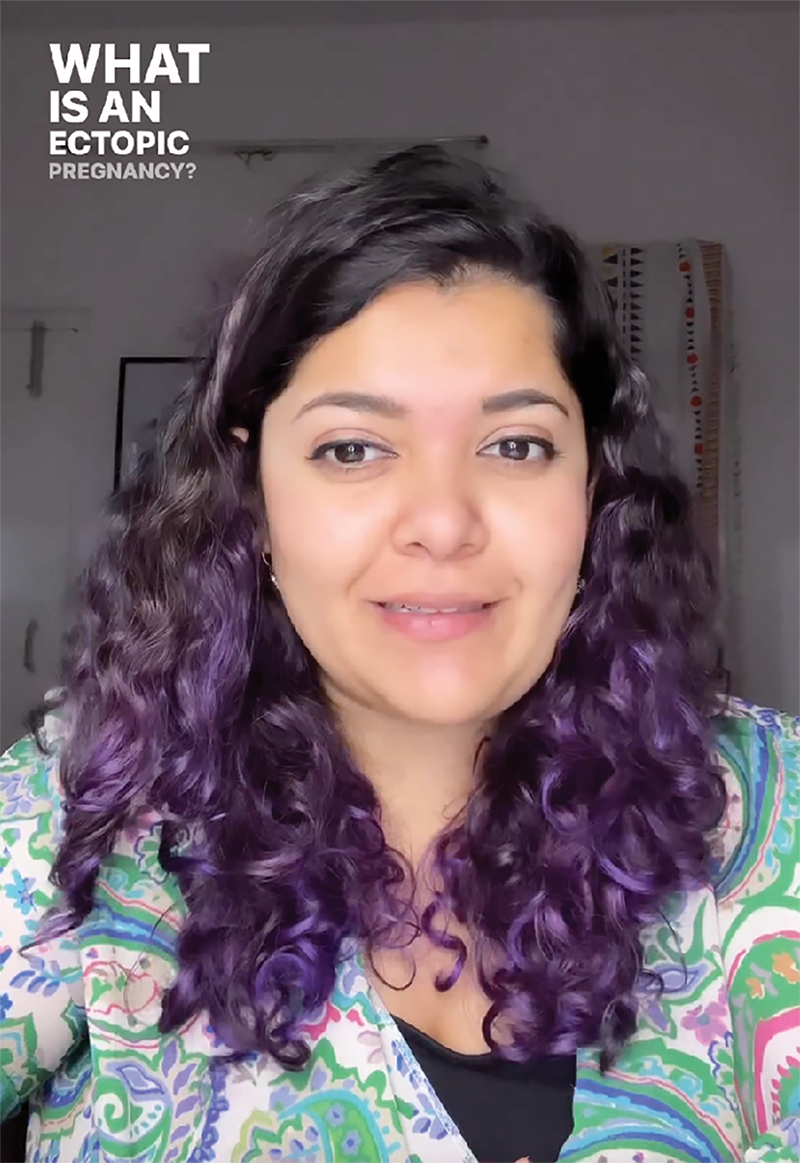From Our President

For those of us involved in the close-knit community field of sexual and reproductive health and rights, conferences are an opportunity to come together as a movement. Convening regularly with colleagues and collaborators, partners and peers from around the world provides us with important insights and chances to connect. To break bread, build bridges and even to let loose.
The COVID-19 outbreak in 2020 caused event after event to be canceled or postponed. It’s wonderful to see in-person meetings and events returning. It’s also refreshing to see that hybrid events continue to be scheduled. These offer flexibility to accommodate concerns about the effects of travel on climate change. Hybrid events also undoubtedly encourage equity by enabling accessible and affordable attendance options for those who otherwise wouldn’t be able to participate. After all, the more perspectives included in the dynamic discussions taking place at these conferences, the better our chance to work together toward meaningful change.
In April 2022, I attended my first in-person conference since the pandemic: the joint Health Datapalooza and National Health Policy Conference, where I moderated a session on sexual and reproductive health and rights (SRHR). Also that month, Institute staff participated in a number of sessions at the Population Association of America’s annual meeting, which has long been a key event for Guttmacher scientists to present our research and engage with the broader research community.
Following multiple pandemic-related delays, the 2022 International Conference on Family Planning—the world’s largest conference dedicated to SRHR—kicked off in Thailand last fall. A series of in-person and virtual events showcased the incredible contributions that Guttmacher and our partners make to the global family planning community. I was buzzing with energy after seeing our terrific team in action and witnessing the love that so many in this community have for our staff and our work.
That was also very much the case at the Women Deliver 2023 Conference in Kigali, Rwanda, in July. Guttmacher hosted a virtual session with experts from Fòs Feminista, Consorcio Latinoamericano contra el aborto inseguro and Reproductive Health Network Kenya to discuss the global reverberations of the US Supreme Court’s overturning of Roe v. Wade. The conversation highlighted how much we in the United States can learn from movements such as the Green Wave in Latin America. We’ll need inspiration like this as we dig in for the long fight to secure abortion access stateside.
I’m looking forward to more of these energizing conversations at future convenings, and meeting more and more members of this amazing community of reproductive rights champions.
Stay safe and strong,

Herminia Palacio, President & CEO




